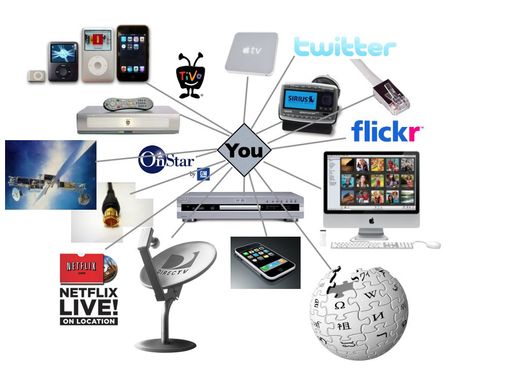 All my life I was taught how to talk, act, and look in order to get a job and be successful. Well now I’ve mastered those skills and I’m still unemployed and unsuccessful. Did I do something wrong? Was it something I missed? Or am I just simply not good enough?
All my life I was taught how to talk, act, and look in order to get a job and be successful. Well now I’ve mastered those skills and I’m still unemployed and unsuccessful. Did I do something wrong? Was it something I missed? Or am I just simply not good enough?
NO!!!
The system is designed to control us with unrealistic employment opportunities. Wealth isn’t something earned by waiting for one company to hire you. We have to teach one another how to create revenue and have several businesses. I’m tired of asking for a job I’m beyond qualified for and I am totally out of patience. I have my degree and I will tell and share stories that are important to me. Thank God for websites like Black Is where ordinary people like me can tell extraordinary stories about overcoming obstacles and daily struggles with injustice in Mass Media.
We no longer need permission to broadcast on television and radio for corporations that are ignoring minorities and diluting the importance of community news. We all know someone with access to the internet and with that platform you can be a voice to the voiceless, host your own show, produce your own movies, and create your own P.S.A’s.
I know I’m a great writer, I know I have influential stories, and now I’m taking action. Women take up 51% of total population but only own less than 5% of the stations. We must make a stand. Mass Media controls the way our youth thinks, its the way we attain information, and its how our stories are shared. If we don’t level the playing field we will suffer from misunderstanding and that will create chaos among the majorities and minorities. Occupying The Media will get the attention of major media conglomerates and FORCE them to put quality news back on television and stop cutting corners when it comes to producing unbias thought provoking programming. Ethics and moral conduct should be enforced in hiring a diverse staff that everyone in the community can relate to. America is the melting pot and our broadcast media needs to be the platform where that can be seen.
Aubrey Grier resides in Atlanta, GA and is the voice behind The Authentic MANual. Aubrey comes to us with over 10 years of writing experience and worked previously for Clear Channel Radio. Check him out on Black Is for life tips and relationship advice for Black men.







